Scott Morrow is ALARM’s music editor. Patrick Hajduch is a very important lawyer. Each week they debate the merits of a different album.
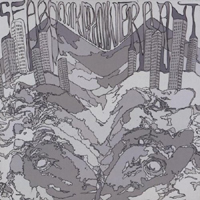 Seabrook Power Plant: II (Loyal Label, 4/26/11)
Seabrook Power Plant: II (Loyal Label, 4/26/11)
Seabrook Power Plant: “Lamborghini Helicopter”
[audio:https://alarm-magazine.com/wp-content/uploads/2011/07/Seabrook_Power_Plant_Lamborghini_Helicopter.mp3|titles=Seabrook Power Plant: “Lamborghini Helicopter”]Morrow: Using a banjo and upright bass as key instruments in a math-prog power trio, Seabrook Power Plant offers one hell of an alternative to the “nuclear family” of the traditional rock lineup.
Electric guitar, electric bass, and assorted effects each play major roles, and at times, the group comes closer to the shredding avant-rock of “regular” experimental bands. But even when not using the twangy instrument for rapid, arpeggiated leads or going acoustic with the rhythm section, something unusual is happening — whether it’s weird operatic vocals, furious and echoing violin riffs, moments of sludge rock, or distorted drum fills.



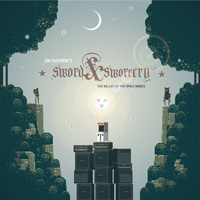
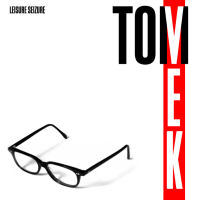
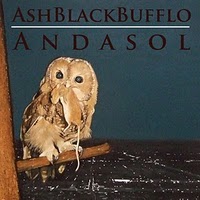
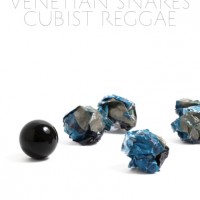
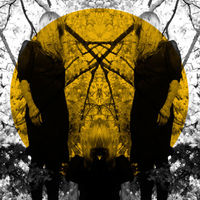


 Fabric: A Sort of Radiance (
Fabric: A Sort of Radiance ( The Psychic Paramount: II (No Quarter, 2/22/11)
The Psychic Paramount: II (No Quarter, 2/22/11)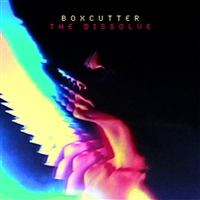 Boxcutter: The Dissolve (
Boxcutter: The Dissolve (